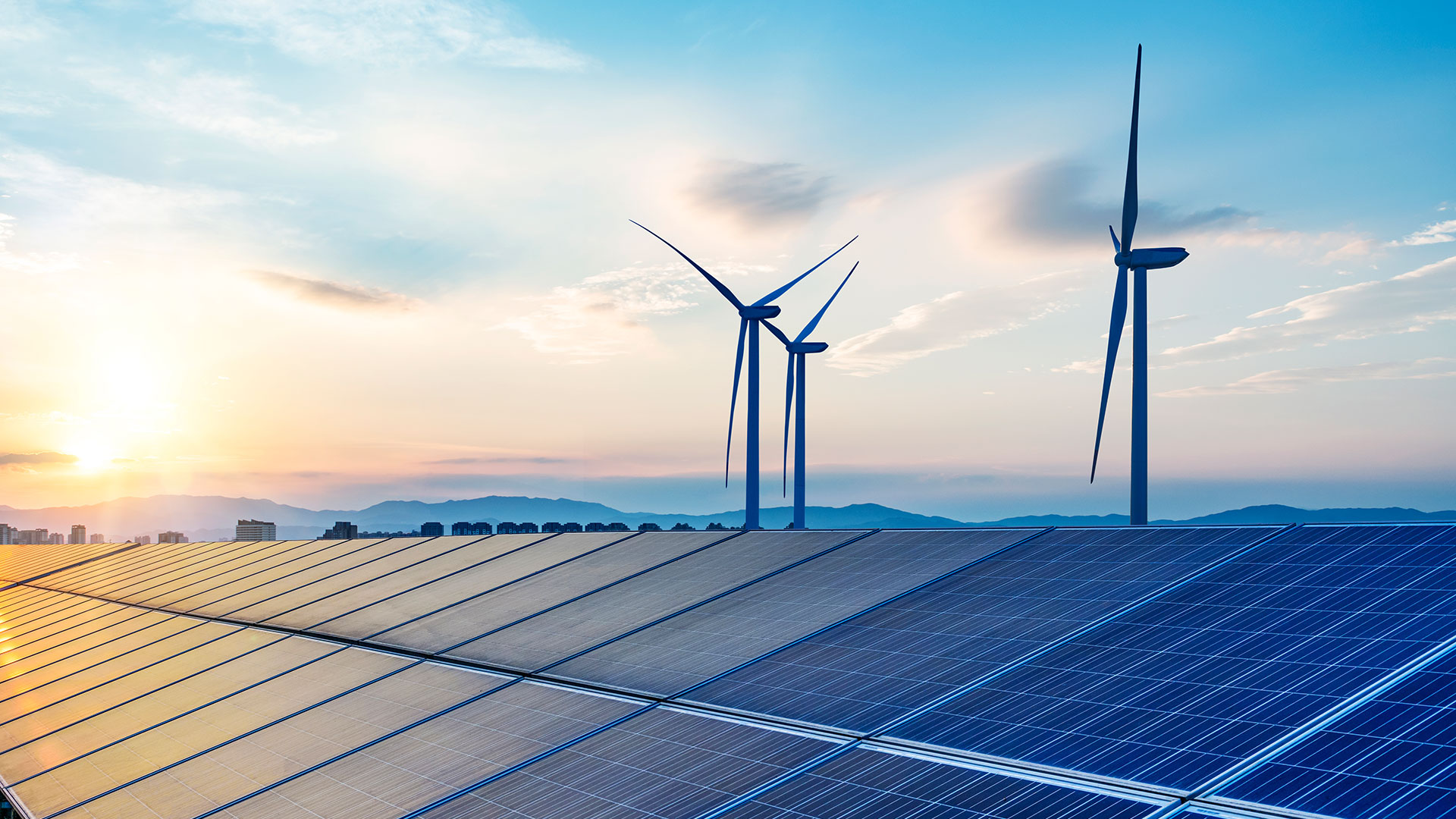Do German citizens support the Energiewende?
The German Energiewende is deeply rooted in German history and society. It emerged from public opposition to nuclear power in the 1980s and 1990s and intensified in the 2000s due to growing concerns about climate change. Opinion polls have shown that German citizens are generally positive about the energy transition. The majority are willing to accept measures that make an effective contribution to reducing greenhouse gas emissions.

With origins in grassroots movements opposing nuclear power, the Energiewende is historically strongly supported by German citizens
Discussions regarding the risks and consequences of nuclear energy were of great societal importance and among the most pressing issues during the 1980s and 1990s in Germany. There was a strong consensus in favour of renewable energy and more decentralised production, which together were believed to foster democratisation of the energy system. By installing solar panels on their roofs, many households gained access to cheap electricity while becoming independent from large energy utilities. In addition, many wind parks are owned by energy cooperatives founded by citizens. As a result, private individuals and farmers account for over 40% of renewable energy capacity in Germany.
In the 2010s, the discussion of the coal phase-out gained momentum. It gained further traction with the formation of ‘Fridays for Future’ – a global youth movement demanding climate action in line with the global 1.5°C temperature target. Numerous environmental non-governmental organisations (NGOs), civil society groups, and leading climate scientists supported the campaign. This ultimately resulted in the decision in 2020 to phase out coal ideally by 2030 (refer to Q7 for more).
Opinion polls have consistently shown high level of support for the Energiewende. In 2021, the issue of climate change was one of the most important political topics that shaped the parliamentary election campaigns.
The Energiewende is a guarantee that future generations can exercise their constitutional rights to freedom
On April 29, 2021, Germany’s Constitutional Court declared parts of the German Climate Change Act of 2019 unconstitutional. In their unanimous ruling, the judges found that the law disproportionately shifts the burden of reducing greenhouse gas emissions to future generations, directly threatening their ability to exercise their constitutional rights to freedom. The ruling has forced the federal government to take additional climate action (refer to Question 1 for more).
With its ruling, Germany’s Constitutional Court demonstrated that the Energiewende encompasses much more than the technical transformation of the energy infrastructure. It is an intergenerational contract for the climate as well as a large-scale economic and ecological project motivated by scientific insights and ethical considerations. As such, although strongly in support of the Energiewende, German citizens have been critical of its implementation, calling for more transparency and the expansion of existing decision-making processes.
Last revision on .
